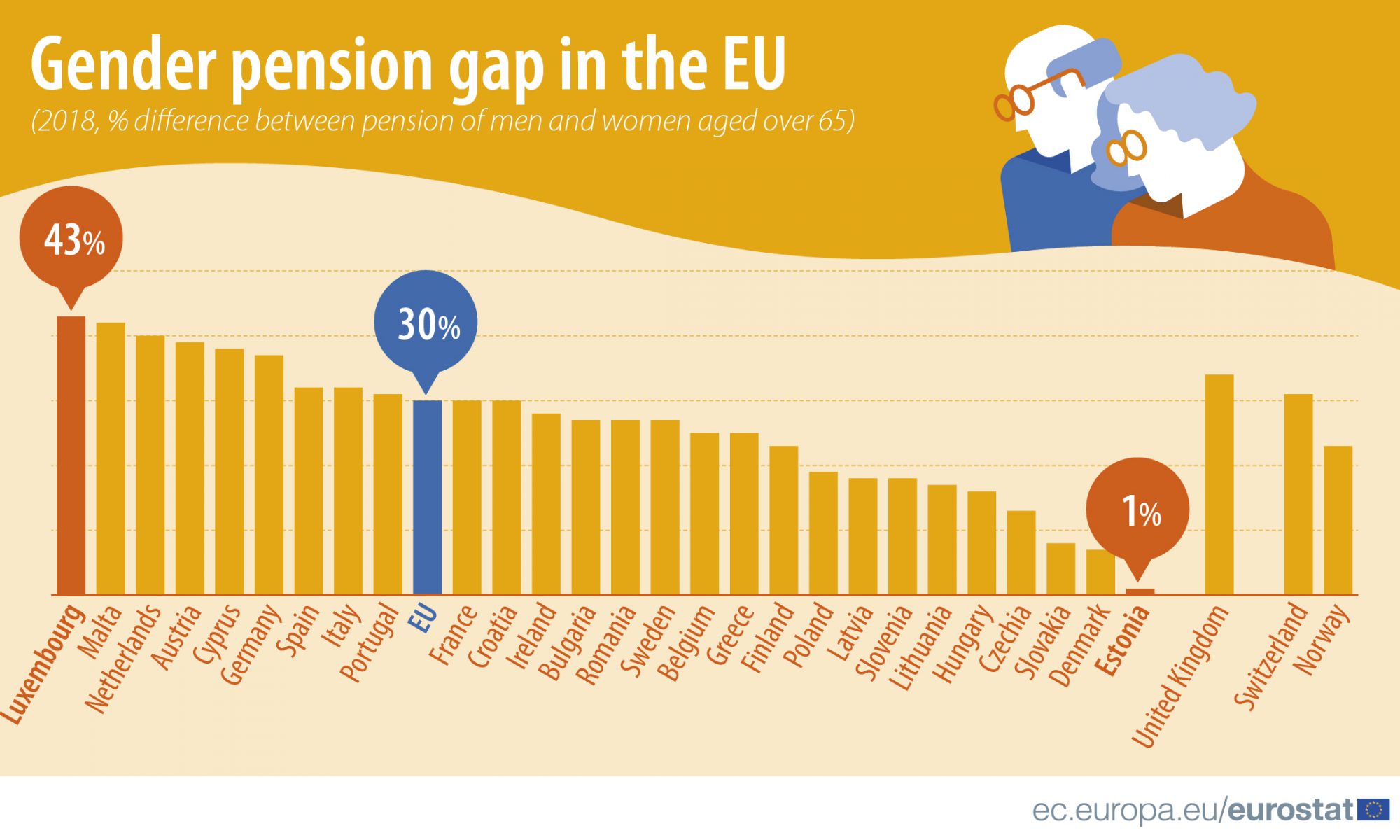The Hellenic General Secretariat for Family Policy and Gender Equality recently published two Practical Guides respectively targeting media professionals and journalists, and women politicians and candidates for public office, in order to tackle sexism in media and public discourse.
These guides include practical tips and communication techniques to help women in the public sphere respond to, and even prevent, sexism and stereotype-driven behavior. The guides contain general information and statistics on the position of women in public discourse and their empowerment needs. They outline concepts, provide a conceptual framework within which sexism may operate, and provide case studies and examples that can be used by anyone interested in tackling stereotypes and sexist behavior in public debates.
Tips for Tackling Sexism in Media:
Journalists can constructively contribute to decreasing sexism and stereotyping behavior in media in the following ways:
- When we cover a story as journalists, we make women ‘visible,’ even when they do not shout.
- We change the narrative – Tip 1: The story that suggests women are weak and at the mercy of their emotions, and men are logical and strong, as well as women’s saviours, is a problematic narrative. We include in our reporting men who show sentiment and kindness, and women who need no saviour.
- We change the narrative – Tip 2: As journalists, we do not abide by stereotypes that suggest that showing sentiment is the proof of weakness, nor that cold logic is always a show of strength, intellectual or otherwise. Remember there are fine lines, for example cruelty is not strength.
- In harassment and femicide stories, we analyse what happened, offering a three-fold, deep analysis. We do not stigmatise the victim.
- We find allies against sexism—colleagues, representatives of institutions, organizations—and we form a community with them.
- We give a priority to anti-sexist education of children, eg. games and toys are not forbidden or required play for children of a specific gender.
- We use inclusive language.
- We look for women experts who can contribute to our reporting.
Tips for Tackling Sexism in Public Discourse:
A woman politician or candidate for public office, or any woman exposed to public discourse, may consider the following guidelines when they become the subject of sexist or stereotyping behavior:
- Assess the situation calmly and practice a confrontational and dissuasive reaction.
- Speak openly and state when you are being interrupted, including when someone “protects” you, thus implying that you are unable to manage the conversation yourself.
- Use arguments when you are accused of using your feelings.
- Correctly state your status when someone refers to you with a diminutive.
- Immediately flag any comment made because of your gender.
- If you receive a comment because of gender, disapprove of your interlocutor and ask for an explanation.
- Be vocal if you feel that what you are saying is not heard.
- Answer calmly if the comments are about your gender.
- Be prepared and ready to react.
- Speak through your own experiences.
- Reverse stereotypes, and if possible, generalize.
- Bring the issue of gender to the fore.
The guides were elaborated in the framework of the project “Capacity building for women candidates and media stakeholders in public debates in Greece” (“GENDER_PUBLIC DEBATE”) implemented by the Centre for European Constitutional Law (coordinator), in collaboration with the National and Kapodistrian University Athens Department of Communication & Media Studies, and the General Secretariat for Family Policy and Gender Equality, with co-funding from the “Rights, Equality and Citizenship” Program (REC) of the European Union, 2014-2020.
Links to additional content:






